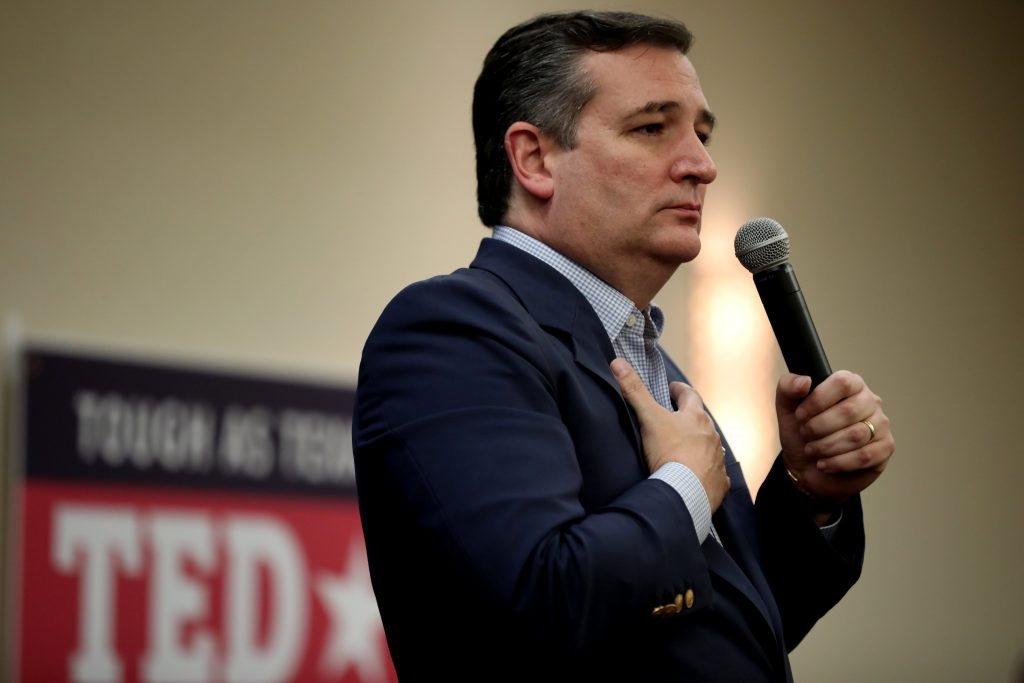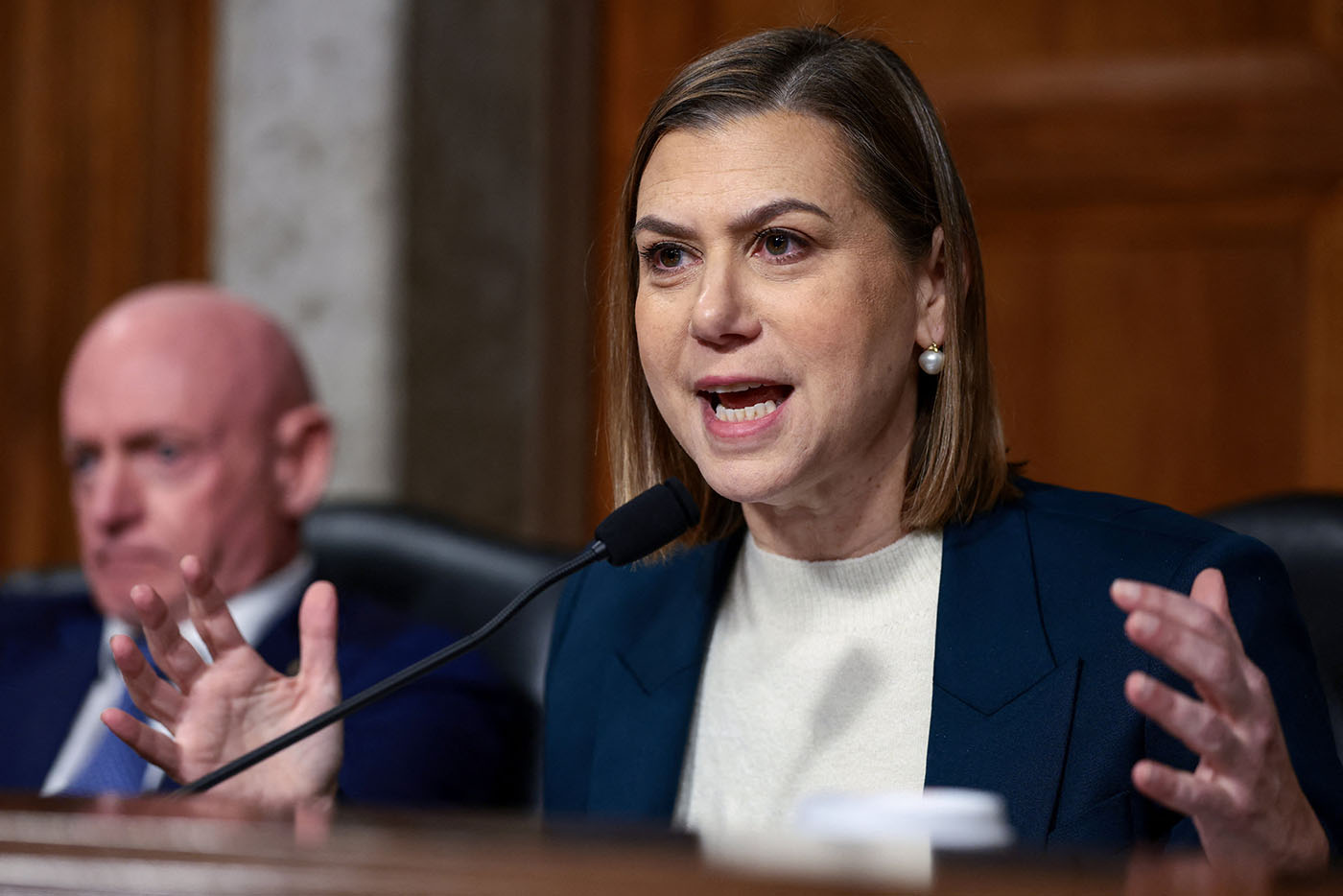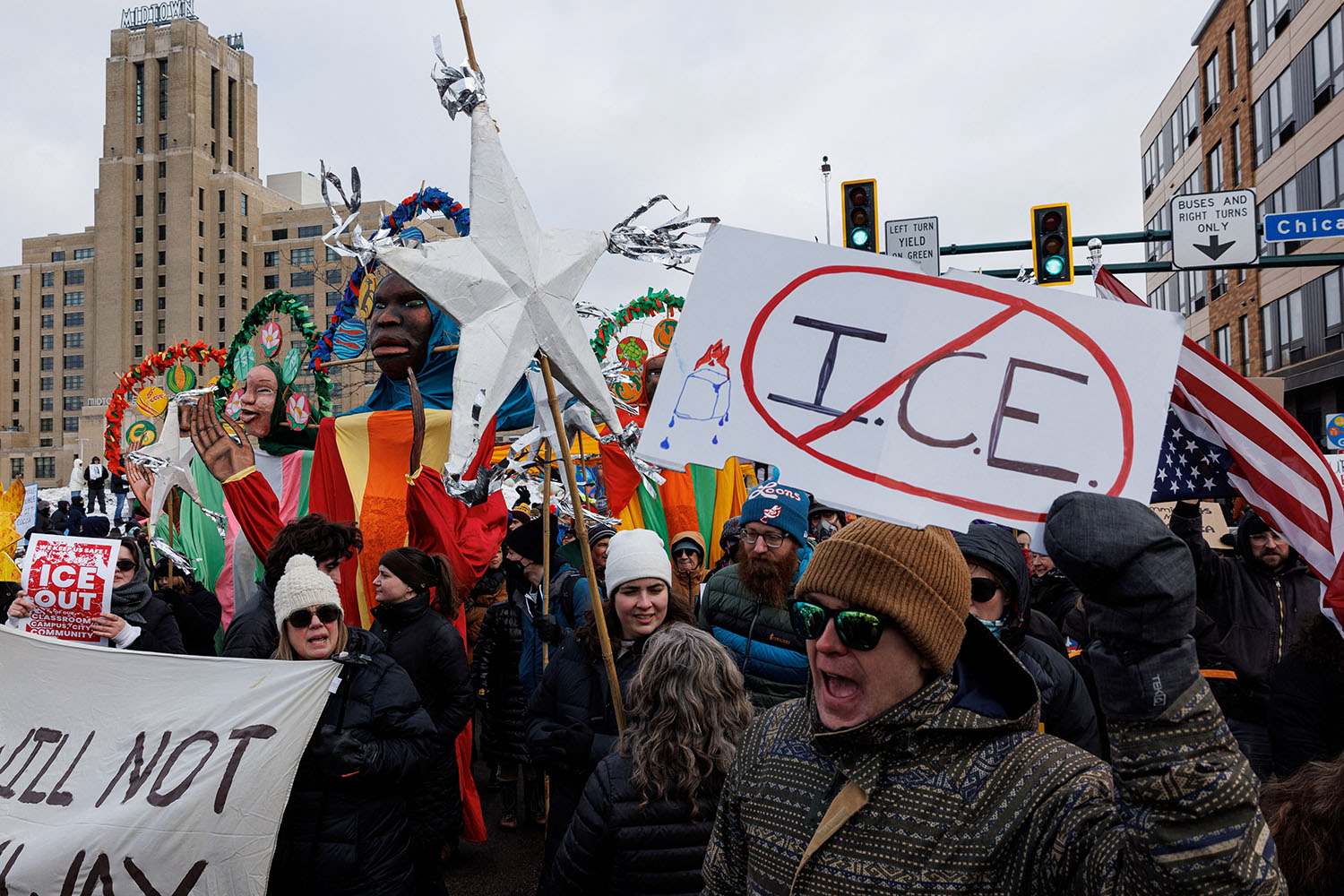On June 3rd, U.S. Senator Ted Cruz prevailed in a lawsuit he filed against the Federal Election Commission (FEC) following his 2018 reelection campaign. Cruz claimed that a $250,000 limit on repaying personal loans with post-election campaign contributions constituted a violation of free speech rights.
The U.S. District Court for the District of Columbia found Section 304 of the Bipartisan Campaign Reform Act of 2002 to be unconstitutional: “We find that the loan-repayment limit burdens political speech and thus implicates the protection of the First Amendment. Because the government has failed to demonstrate that the loan-repayment limit serves an interest in preventing quid pro quo corruption, or that the limit is sufficiently tailored to serve this purpose, the loan-repayment limit runs afoul of the First Amendment.”
The three-judge panel explained the connection between the $250,000 cap and free speech considerations, emphasizing that “[t]he loan-repayment limit implicates First Amendment interests. A candidate’s loan to his campaign is an expenditure that may be used for expressive acts. Such expressive acts are burdened when a candidate is inhibited from making a personal loan, or incurring one, out of concern that she will be left holding the bag on any unpaid campaign debt.”
While the Court recognized that the cap does not prohibit candidates from personally funding their campaigns, it noted that “[i]f the law curtails a candidate’s ability to speak on his behalf, it runs afoul of the First Amendment even when the law is not an outright ban.” The panel maintained that “[t]he limit imposes a ‘drag’ on the candidate’s First Amendment activity by discouraging the personal financing of campaign speech.”
The judges rejected the FEC’s reasoning, asserting that “[i]n sum, the FEC’s position amounts to speculation that contributions to pay off a candidate’s personal loans carry a danger of quid pro quo corruption…” further adding that “[t]he government’s rationale for the loan-repayment limit fits about as well as a pair of pandemic sweatpants. The First Amendment requires a better fit than that.”
Tags




